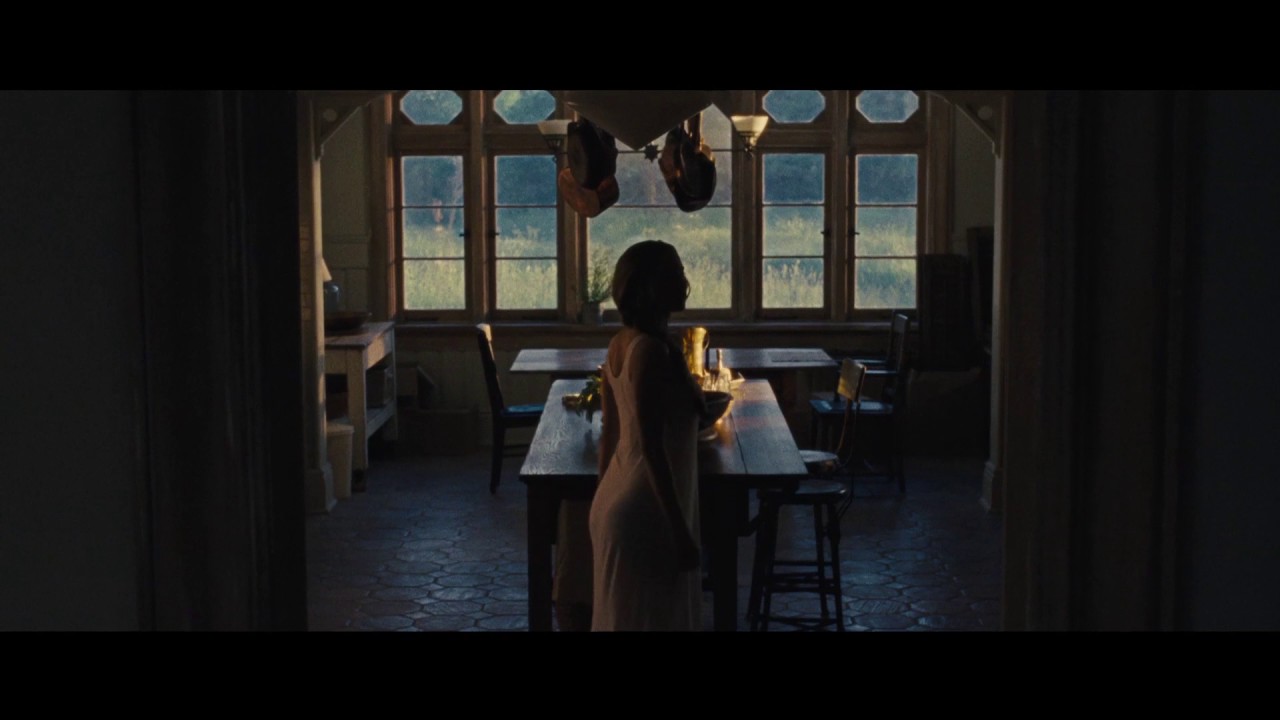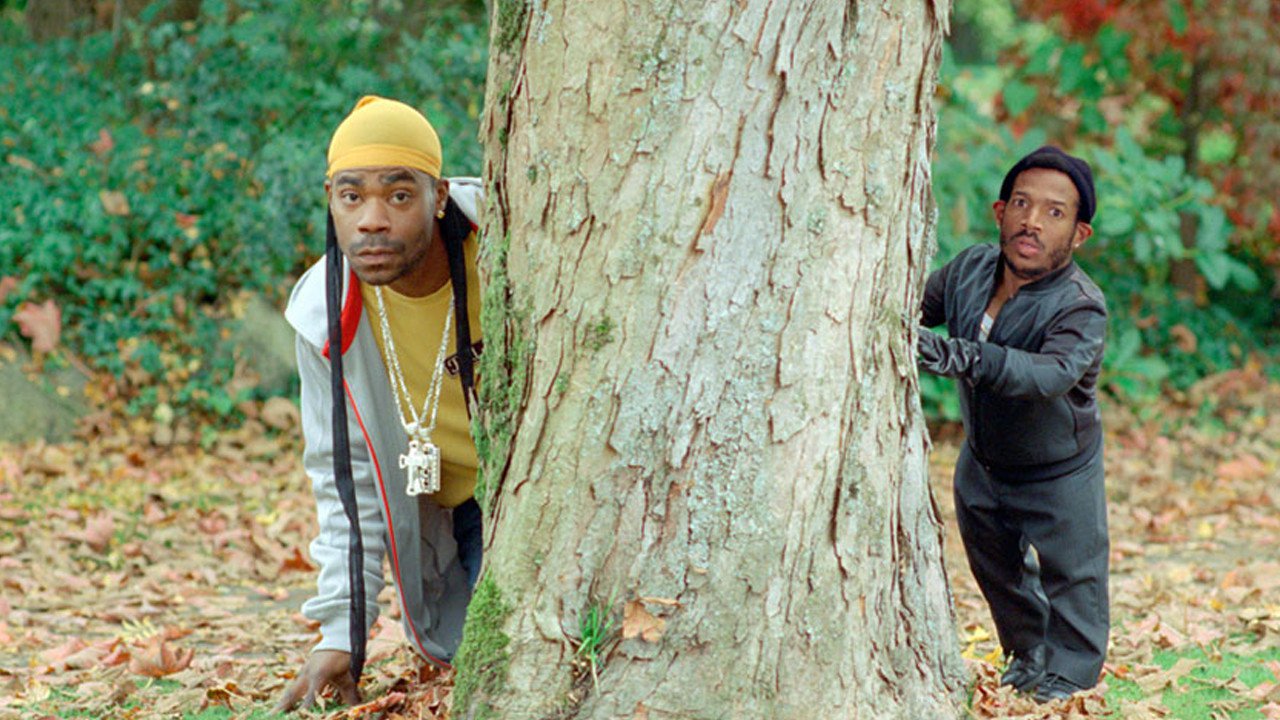It would be easy, accurate, and a little reductive to call Ritwik Ghatak “the poet of Partition.” But it’s inescapable. Ghatak’s films are obsessed with that existential trauma, even in something like previous Counter-Programming entry Ajantrik. Here is a guy who can make a love story about a man and his car, a sort of fart-filled Herbie, and still conjure up deeply-felt anxieties about colonialism and territorial integrity.
rick
“The universe (which others call the Library) is composed of an indefinite and perhaps infinite number of hexagonal galleries, with vast air shafts between, surrounded by very low railings. From any of the hexagons one can see, interminably, the upper and lower floors.”
The delirious excess and unstable allegories of Darren Aronofsky’s mother! make it both a work of auteurist genius and a second-year term paper by someone who just discovered Borges. Its uncompromising commitment to fever dream logic places it high on the list of Aronofsky’s most essential deep-dives into shallow pools, while also courting charges of both insulting obviousness and self-adoring incomprehensibility.
In Kelly Reichardt’s masterful 2013 meditation on terrorism Night Moves, we’re slowly introduced to a trio of disaffected young people staging a dramatic intervention: the explosion of a dam. Memorably, and in true Reichardt fashion, that explosion, which by all standard narrative conventions should occupy the film’s central spot, registers in the narrative instead as a muted, distant noise.
IT has broken every record in the book, except maybe something related to professional curling, or to sequels (which it — It — will remedy next year, where I have it on good information that the entire second half of Stephen King’s adapted magnum opus will involve the grown-up children of Derry, ME becoming curling champions battling Pennywise, The Metaphysical Curling Clown in its final moments, and maybe securing their victory with the help of also the Curling Turtle Who Curls).
Much has been made of the unconventional, even “game-changing” financing model that Steven Soderbergh employed to get his new Logan Lucky out to the world. And much more will be written about whether or not it “worked,” whether its success revolutionized the film industry — saving the mid-budget movie by wresting profits and control from the suits and placing them back in the hands of the creators — or if its failure spells doom for the model.
Ah, the week of August 6th through 12th, the glory days of film-streaming in our new economy that is working out terrifically. What have you got for me, corporate overlords?
Netflix is very proud, I assume, to announce its quadruple punch of Black Site Delta, Diary of an Exorcist – Zero, Naked, and White Gold, which sounds like a terrible, kind of sticky evening at a Manhattan cinemateque circa 1977.
Christopher Nolan is known, celebrated, and critiqued for two things: rigid attention to the clockwork nature of his spectacles, and a particular coldness to character. In Dunkirk, he splits the difference.
From Memento on, Nolan’s films seem much more enamored of mindfuck narrative structures than the people who populate them.
In a rather hilarious reflection on Josef von Sternberg’s The Scarlet Empress, the sixth of his seven films starring Marlene Dietrich, historian Alex von Tunzelmann is unimpressed with the history on display.
The reign of Empress Elizabeth (1741-1762) didn’t include nearly so much torture as the first few frames of The Scarlet Empress would indicate, and the Iron Maiden wasn’t even invented for another 100 years!
For tonight’s matinee, we showcase three films exploiting what might be called Architectural Horror, which is a term I just made up right now and immediately decided to copyright so please don’t use it or I will have to talk to the lawyers.










